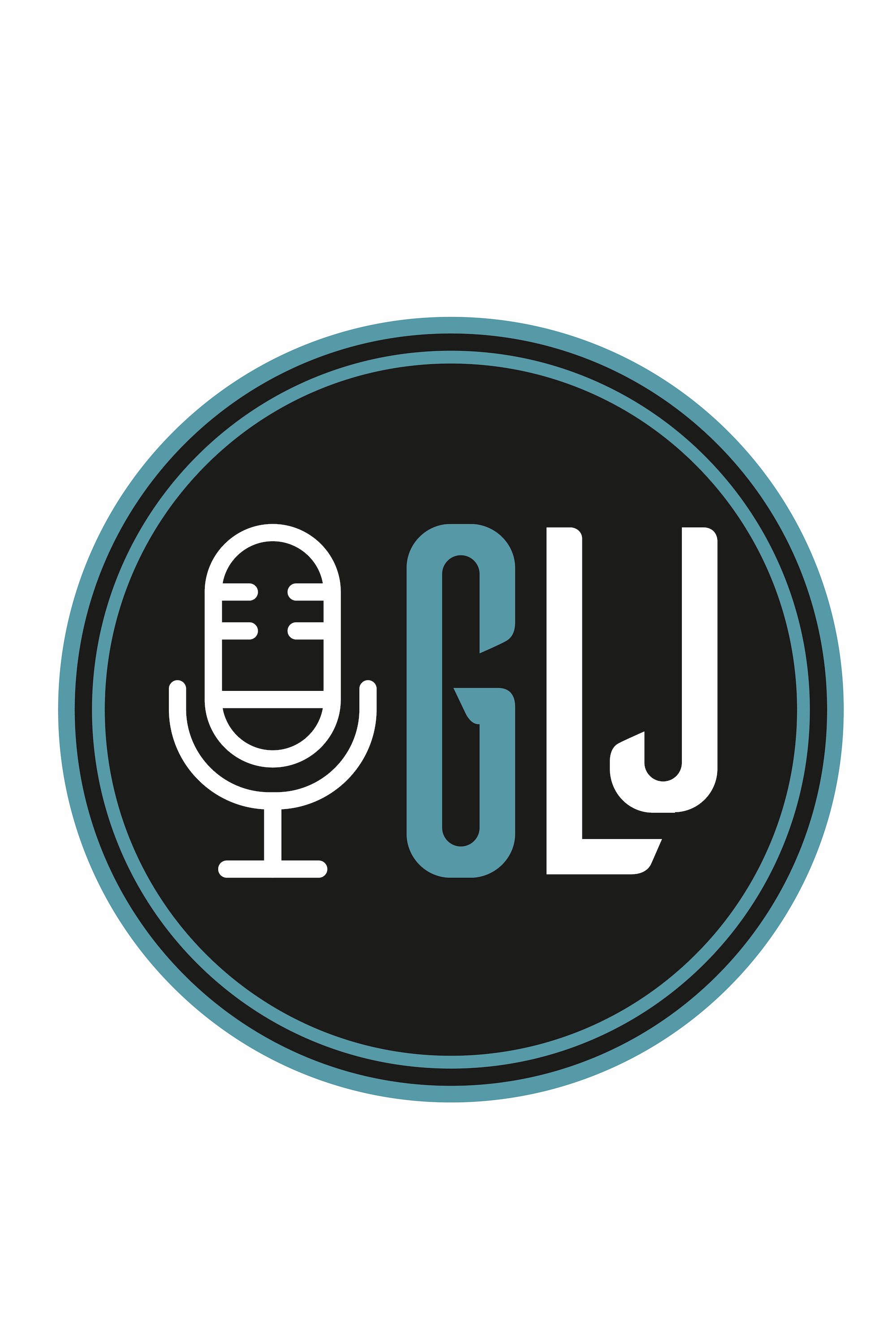The German Law Journal is proud to announce its new digital initiative, which will present some of our ground-breaking scholarship through video and podcasts. Our videos are available on YouTube, and our podcasts are available on all streaming platforms including Spotify, Apple Music, Podigee, and Deezer.
This is a natural step for us. After all, the GLJ helped pioneer “digital scholarship” in the field of legal research. But our first twenty years of that experiment have been closely tied to the tradition of legal scholarship. For the most part we have published cutting-edge, peer-reviewed, and conscientiously-researched law review articles and commentary. Our innovation was to pursue that mission as an exclusively online and open access journal from our origins in 1999.
Those digital commitments were challenging and disruptive enough. But “digital scholarship” is emerging as something more than that consequential shift. It is an attempt to allow our research to tap into the possibilities of the world’s comprehensive, near-complete digitalization. This means being aware of and striving to reach the vast new audiences for our work that are available through the Internet and Social Media. This requires a departure from the tradition of the subscription journal and the monograph purchased by a library. It means accounting for the new forms and formats of communicating that predominate in the digital realm, such as images, sound, and video. This requires a departure from the printed word and the four-squares of the page. And it means capitalizing on the ubiquity of communication in a world of omnipresent smart-phones. This requires a departure from the rhythm of serial publication that is dependent on lumbering editorial and production processes.
This is a new scholarly world – the certainty, necessity, and unavoidability of which has been cemented by the pandemic. More than ever before, and in ways few of us imagined only six months ago, our work as scholars has gone virtual: our teaching, our meetings and conferences, and our scholarship. The GLJ’s digital initiative is pioneering but it also is timely.
None of this involves a break with what Edward Ayer called the “hard-won accomplishments” of our scholarly tradition. The culture of monographs and law review articles has brought us immense benefits. Ayer summarized those benefits in these terms: routinized, restlessly creative argument made in perspective, that advances a meaningful conversation in the discipline. Traditional scholarship, he explained
follows a deliberate path toward publication, with research, evaluation, and revision completed before it appears before the public. Then, another slow process of dissemination follows; it takes years for a book to be widely read, reviewed, comprehended, absorbed, and debated or built upon. But it is all one conversation, stretching across generations… The [traditional scholarly] form anchors innovative ideas in evidence, in debate, and in accountability—the highest ideals of the academy.
The German Law Journal will continue to publish exactly that kind of scholarship. But digital scholarship – including our digital initiative – complements that work in ways that are wholly aligned with the most traditional goals of scholarship. First, video and podcast engagements with our content serve as new means for interpreting, explaining and explicating the ideas and arguments advanced in the research we publish. And we have never understood the work we publish to be anything other than interpretations from our authors’ unique perspectives. Second, video and podcast engagements with our content serve as new, less-bounded and less-bundled ways of distributing our authors’ research. This has always been our passion and it was the basis for our commitment, long ago, to online and open access publication. We have always hoped to do more to help our authors’ work escape into the world to do the work it was written to do.
We launch our digital initiative – with these commitments and dreams – with podcast coverage of, and a series of video interviews with several of the contributors to, our recent special issue “Border Justice: Migration and Accountability for Human Rights Violations” ,Vol 21 No. 3. If you are interested in what a „topographical approach“ can bring to the debate around the „legal back hole“ at the border, listen to Thomas Gammeltoft-Hansen present his and Nikolas Feith Tan’s article. If you are interested in what a „soft court“ is and whether they can provide protection, listen to Basak Çali and Cathryn Costello present their and Stewart Cunningham’s article. If the accountability gap for EU agencies at the border is more of your interest, listen to Melanie Fink and Lilian Tsourdi present their articles. Finally, if you are interested in international criminal law and whether it can create accountability for drownings and abuse in proxy states, listen to Yannis Kalpouzos and Itamar Mann present their articles.
These digital interpretations and explanations of the excellent underlying scholarship published in the special issue have been produced by Nora and Marlene. And as you’ll hear and see – the podcast commentary and video interviews constitute critical and informed encounters with research in the best scholarly tradition. This digital engagement projects, but also enhances, enriches, and enlivens the underlying work. This will be consistently possible for the GLJ thanks in part to the deep bench of expertise and wide-ranging methodological orientation of our impressive editorial board.
The GLJ’s digital initiative is a new generation of editors’ effort to “imagine what scholarship could be in an era of boundlessness, an era of ubiquity.” As ever, thank you for joining us on this important new adventure. And now, all that remains, is for us to wish you happy reading … listening … and viewing!
Ta-daa! New format, new content – GLJ pioneering all aspects of digital publishing! https://t.co/aW1i3to2bQ
— Emanuel V. Towfigh (@etowfigh) October 7, 2020
